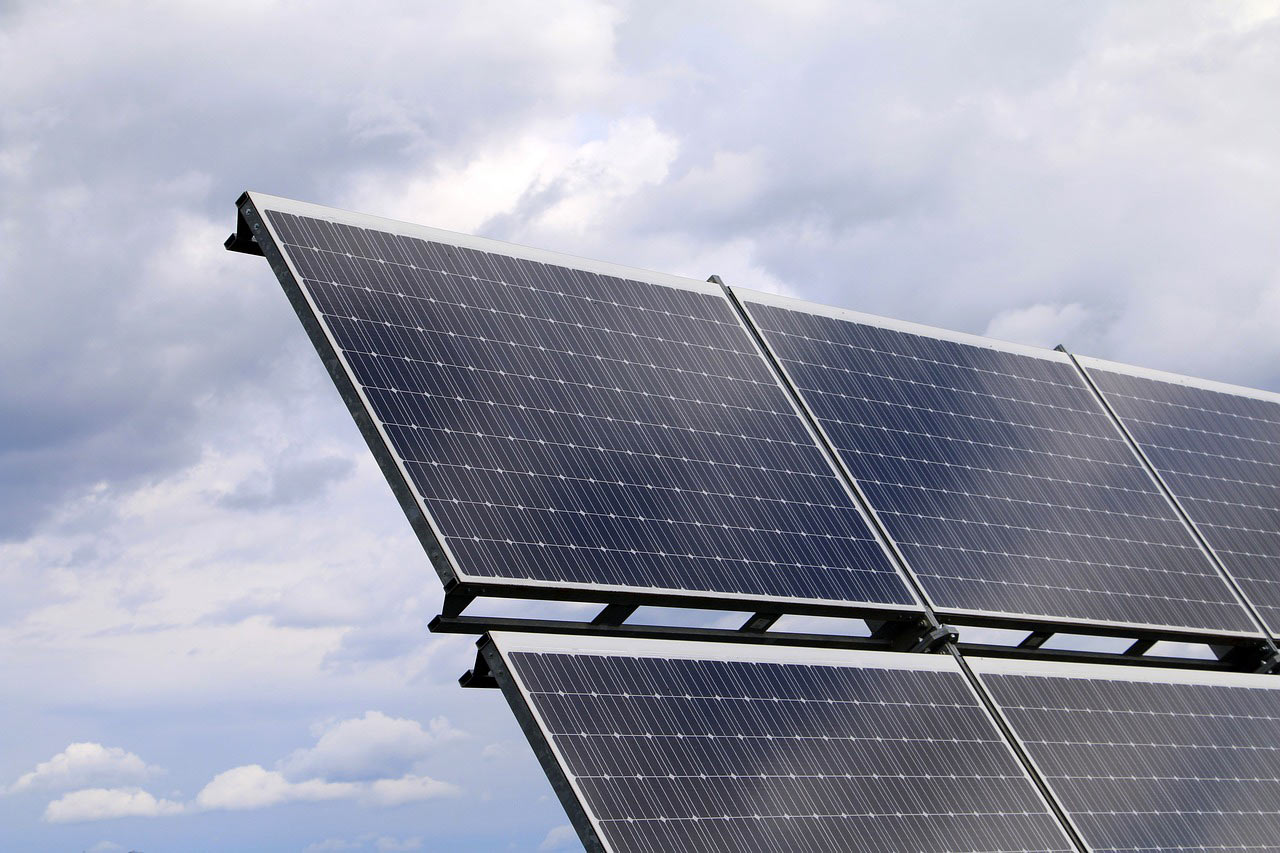… increased energy security through a significant reduction of natural gas imports and a positive impact on the environment: these are some of the expected benefits of the energy efficiency target for 2030.
The proposed target of 30 % by the European Commission builds on the achievements already reached: new buildings use half the energy they did in the 1980s and industry is about 19% less energy intensive than in 2001.
The proposed target goes beyond the 25% energy savings target which would be required to achieve a 40% reduction of CO2 emissions by 2030. At the same time the framework on energy efficiency put forward today aims to strike the right balance between benefits and costs.
The Communication on energy efficiency and its contribution to energy security and the 2030 framework presented today also reviews progress towards the European Union’s 20% energy efficiency target for 2020. The EU is currently forecast to achieve energy savings of 18-19% in 2020; however, the agreed target of 20% can be reached if all EU countries fully implement the already agreed legislation. The Commission does not intend to propose new measures, but calls on the Member States to step up their efforts to ensure collective delivery of the 2020 target.
Among the proven advantages for business and consumers are, for instance:
- Energy intensity in EU industry has decreased by almost 19% between 2001 and 2011.
- More efficient appliances like refrigerators and washing machines are expected to save consumers €100 billion annually – about €465 per household – on their energy bills by 2020.
- New buildings consume half as much energy today as they did in the 1980s.
Long-term benefits
The Communication also explores the positive impacts of energy efficiency on the lives of Europeans over the next sixteen years:
- For every additional 1 percent in energy savings, EU gas imports are expected to fall by 2.6%, decreasing our dependence on external suppliers.
- More energy efficient buildings will offer ‘ancillary benefits’ to people who live and work in them in addition to reducing their energy bills. For example, better windows can provide for increased air quality and protection from external noise.
- Energy efficiency policies will create new opportunities for European businesses such as construction firms and equipment manufacturers. In line with this, new local jobs are created.






